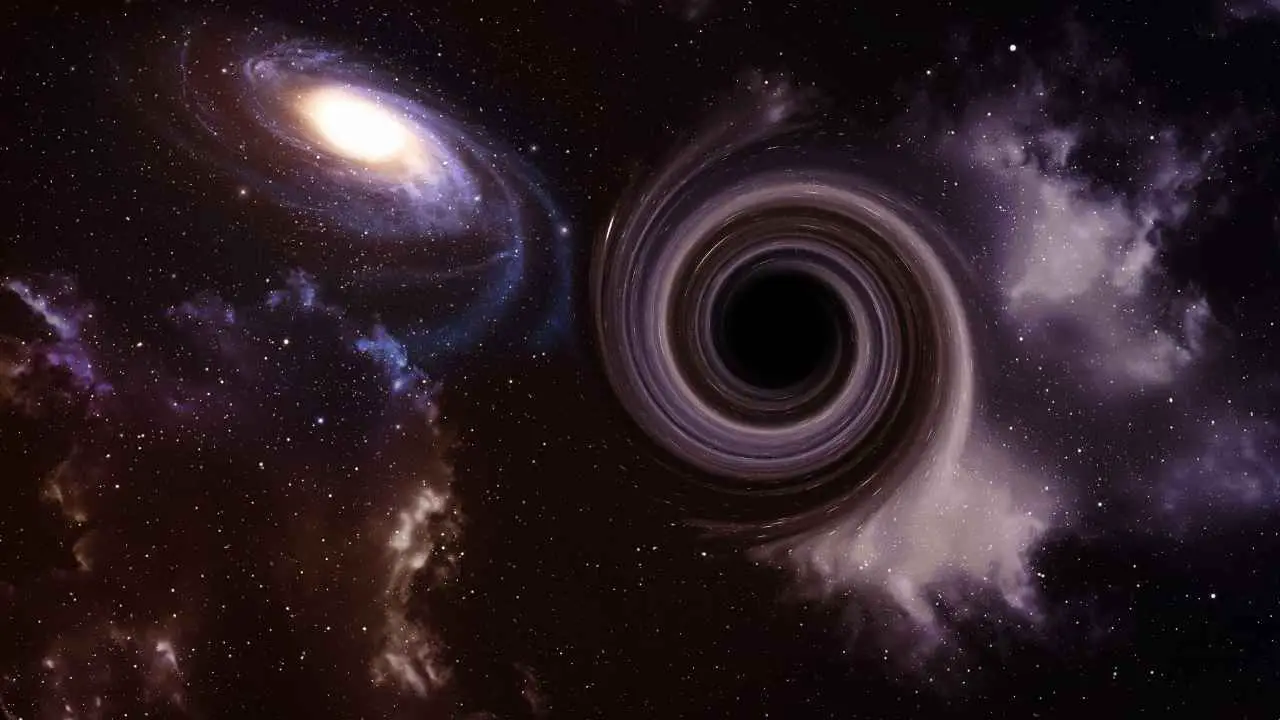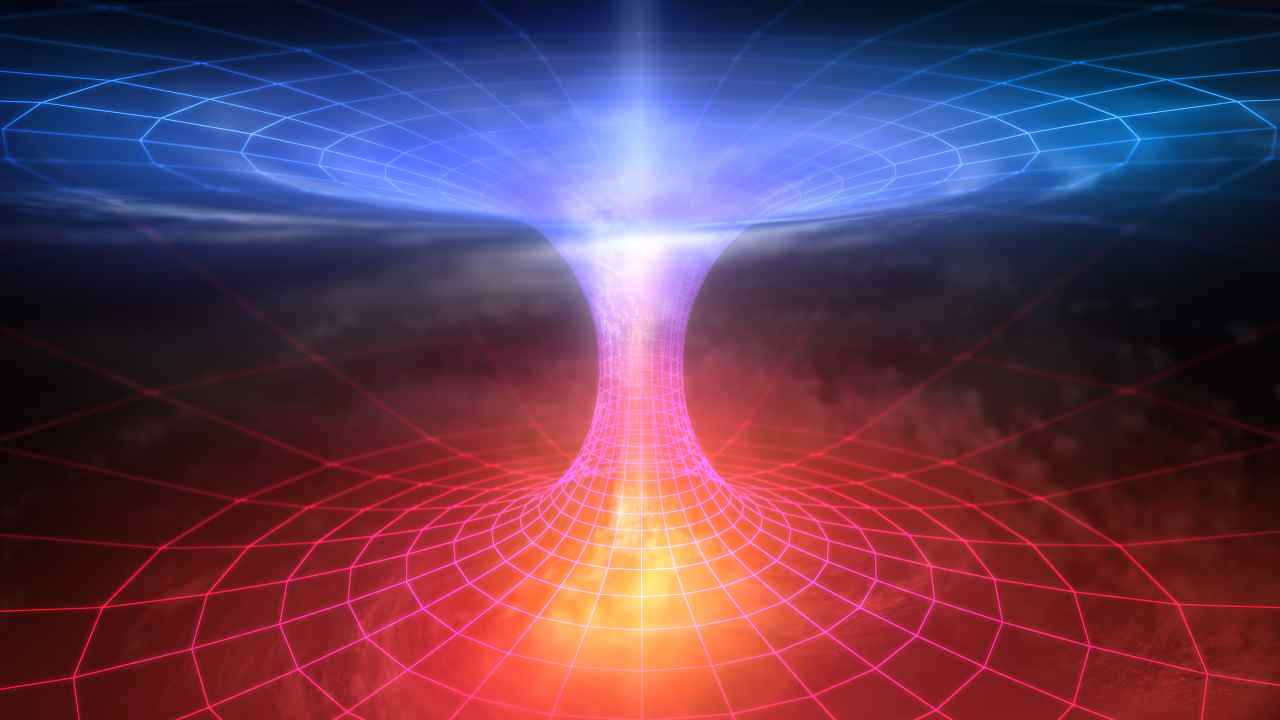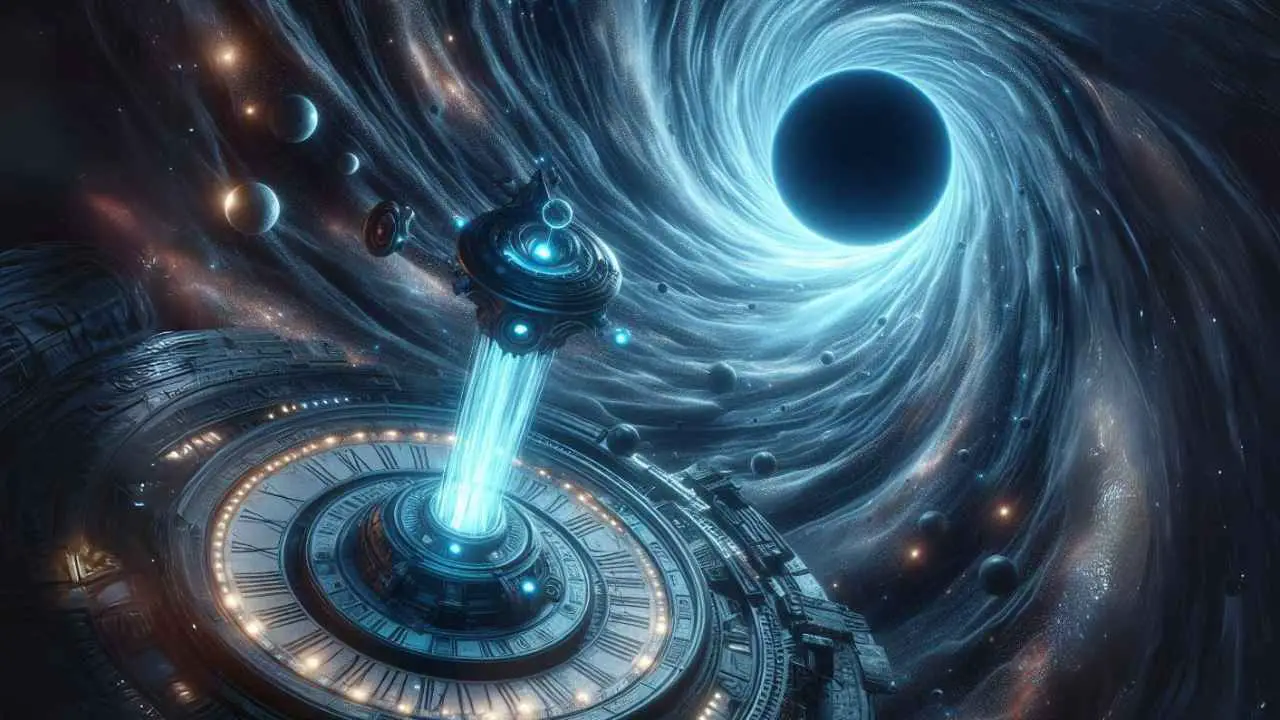Black holes, those enigmatic gravitational sinks from which nothing, not even light, can escape, have long captivated both scientists and science fiction enthusiasts alike. Recent advancements in astrophysics have brought us closer than ever to understanding these cosmic phenomena, blurring the lines between science fiction and scientific fact. Let’s dive into the abyss and explore how black holes could potentially act as gateways to the past or future.
The Nature of Black Holes

At their core, black holes are the remnants of massive stars that have collapsed under their own gravity, creating a point in space where the gravitational pull is so strong that nothing can escape. Around the black hole is the event horizon, a boundary beyond which anything that crosses is irrevocably pulled into the black hole’s depths. It’s here, at the edge of oblivion, that the laws of physics as we know them start to behave in strange and mysterious ways.
Time Warping Around Black Holes
One of the most fascinating aspects of black holes is their effect on time. According to Einstein’s theory of general relativity, the stronger the gravitational pull, the slower time moves. This means that time near a black hole would crawl compared to time farther away from it. Theoretically, if one could orbit a black hole without falling in, they might experience time at a significantly slower rate than observers far away, effectively traveling into the future.
The Possibility of Wormholes

Beyond the time-warping properties of black holes, some theories suggest that certain types of black holes could be connected by wormholes. These hypothetical tunnels through spacetime could link distant parts of the universe or even serve as bridges across time. While the existence of wormholes remains purely theoretical, and the idea of traversing them is fraught with scientific and practical challenges, they represent one of the most intriguing possibilities for space and time travel.
The Challenges of Cosmic Travel
The prospect of using black holes or wormholes as cosmic shortcuts or time machines is, for now, firmly in the realm of speculation. The immense gravitational forces near a black hole would likely be insurmountable for any known material or technology, not to mention the profound unknowns regarding what lies beyond an event horizon or inside a wormhole.
The Future of Exploration
Despite the challenges, the study of black holes continues to offer invaluable insights into the nature of the universe, gravity, and time itself. As our technology and understanding of physics advance, so too will our ability to explore these cosmic mysteries. Whether or not they lead to the development of time machines, black holes will undoubtedly continue to be a focal point of scientific inquiry and imagination.


